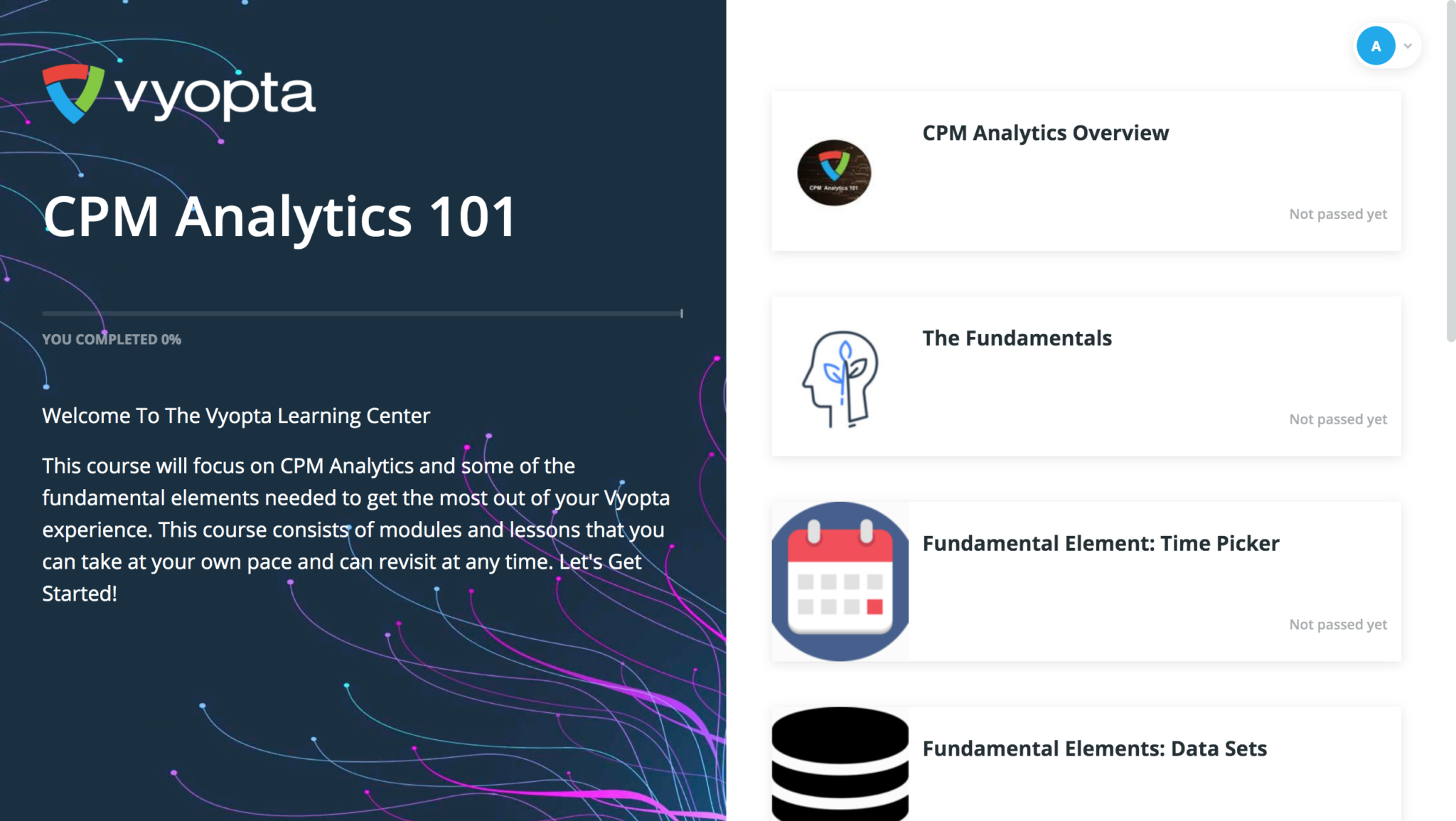How can analytics be used to improve IT operations and services?
IT teams should use analytics to identify areas of improvement in costs and service levels that help drive business results.
Analytics tools incorporate business intelligence (BI) and artificial intelligence (AI) to replace repetitive tasks that require minimal human creativity. BI- and AI-based analytical tools derive new insights from vast amounts of data to continually uncover high-value opportunities to improve IT Operations, Sales, Customer Services, Supply Chain and much more.
What are necessary tools?
There are two types of analytics tools: “horizontal” analytics tools that can be used in a wide range of IT operations use cases, and purpose built analytics tools for specific IT use cases.
Horizontal analytics and data visualization tools — like Power BI and Tableau — allow users to create visual representations of varied types of data sets, large and small. IT operations teams can use these tools to slice and dice IT operations data to uncover important insights across a wide range of IT operations issues.
Purpose built analytics tools — like Vyopta — are tailored to solve specific IT operations problems. Everything from data collection, data processing, alerts, visualization, and insights are all geared to solve specific IT issues. For example, Vyopta provides monitoring and analytics to help enterprises support and optimize their video and voice collaboration technologies. Customers use Vyopta to automate daily IT workflows like diagnosing and troubleshooting video call quality problems. In addition, IT teams can use analytics to optimize longer term costs. For example, a large enterprise that avoids $60 million in unnecessary real estate spend by tracking utilization of conference rooms.
What staff skills are needed to use these tools and how can these skills be acquired?
Someone who plans to successfully utilize analytics tools to scrutinize data to uncover insights for their teams or clients need the following basic skills:
- Capacity to read and understand data contextually
- This can be as simple as acquiring the data dictionary from the owner
- Capability to obtain, process, and retain mathematical information
- Ability to perform historical analysis, causal analysis, and process analysis using a methodical approach, which requires:
- Ability to work well with teams to problem solve
- Written and verbal communication skills to present data and insights
- Most importantly, the curiosity to ask why and how to create the proper use cases to improve the quality of the users’ processes and systems through analytics
Are there any deployment or use pitfalls to look out for?
Without care, users can find false conclusions by oversimplifying vast amounts of data to basic, understandable terms. Another pitfall is relying too heavily on a specific mathematical algorithm. This can be an issue of tunnel vision since an algorithm offers best results based on particular assumed scenarios. If the data processed with an algorithm is sourced under non assumed scenarios, then the results can be flawed. In the end, analytics tools require skilled humans to assess the accuracy of the source data as well as interpret the meaning of the results, which are the insights.
Is there anything else you would like to add?
Data volumes in business continue to increase significantly from the growing number of IP-based devices being used today. Thus, organizations are going to need tools to harness and effectively interpret this data to improve business operations and IT systems. BI- and AI-based analytics tools are available to address the rapid data growth by being able to extract, process and correlate data in faster and more astute ways, which allows the offering of high-value insights. Overall, these insights create the opportunity for organizations to improve their IT Operations, Sales, Customer Services, Supply Chain, and much more.
As part of our response to the COVID-19 pandemic, Vyopta is currently offering a free trial to help IT teams support massive expansion in remote work.

Alfredo Ramirez is a seasoned entrepreneur with direct experience in building early-stage software technology companies, which is why he proudly serves Vyopta as CEO and Co-Founder. A nod to his passion for pushing the button of innovation, Alfredo previously co-founded Vitalz (a venture backed enterprise software company acquired by Oracle) and Daman Consulting. He holds a B.S. in Electrical and Computer Engineering from The University of Texas at Austin and writes about topics such as technology, employee engagement, and innovation from the CEO perspective.







